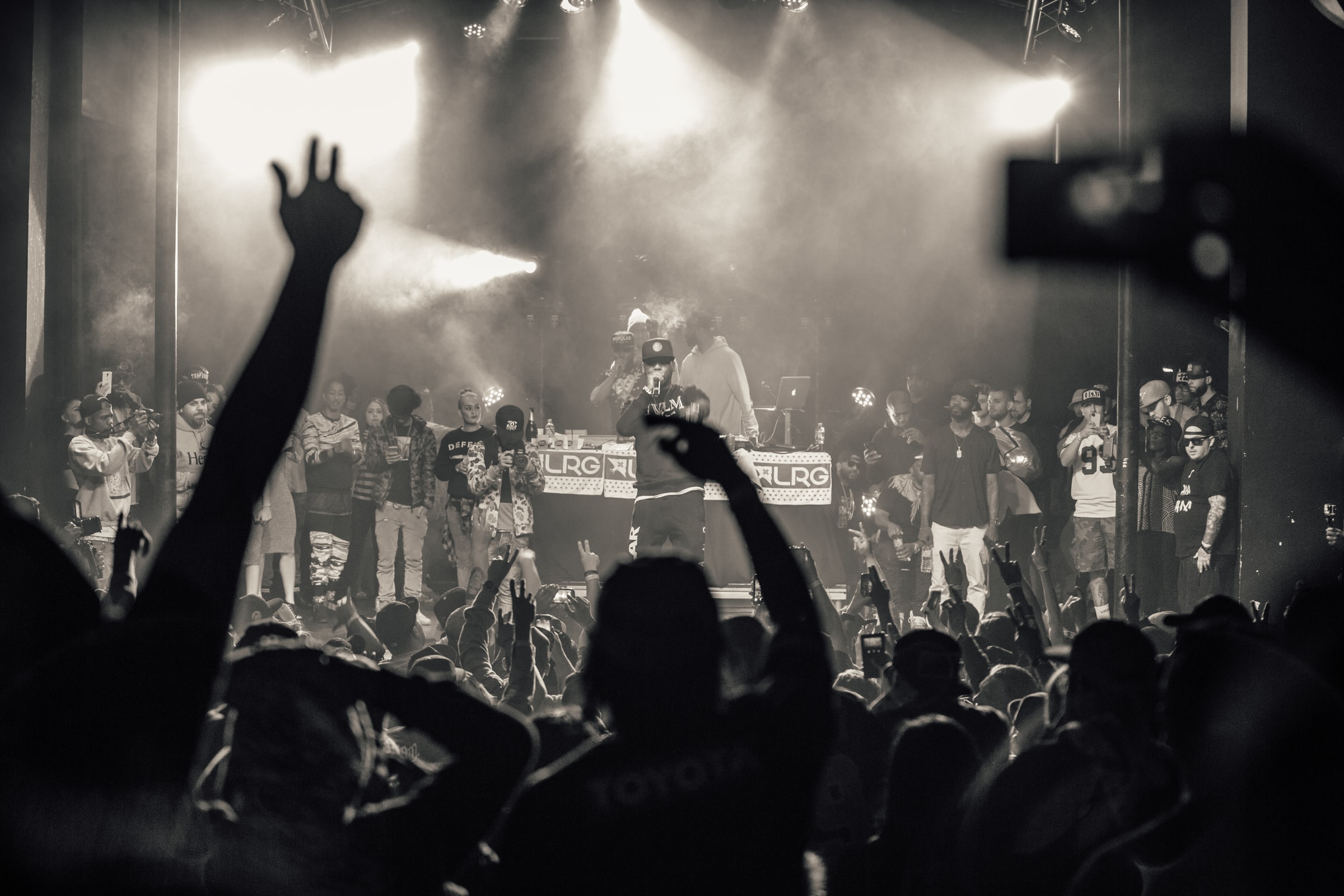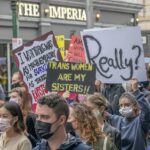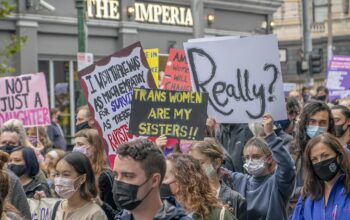Rap has always been a form of radical expression. Artists would describe their living situations, childhood, relationships and politics in a form of recitative criticism, rap. While it has been and still is a channel for criticism and change, some directions of rap or particular rappers take a very derogatory approach to their relationships and women in general. Misogynistic and violent lyrics are on the daily.
#unhatewomen
Especially lately, there has been an uproar in Germany following the campaign #unhatewomen against misogyny in German rap. In a video by #terredesfemmes, several women read out critical verses and lyrics by controversial rappers and songs, which are intrinsically misogynistic and brutal owing to their glorification of violence against women; often labelling them as objects and “sluts”. The campaign was followed by drastic measures by the rapper Fler, who in order to “defend himself” and his image, threatened to hunt down a particular feminist who posted the campaign on Instagram, tagging several German rappers, including Fler to position themselves and react. No one would probably have expected him to start a bounty hunt, including offering money to whoever finds her and delivers her to his address. While this might just have been another provocative move, he definitely crossed a line by posting her on his Instagram and shaming and threatening her.
The whole situation is as unimaginable as it seems. It is just a representation of how seriously dangerous the issue is, and how they take what they sing as the truth. The issue is that many people read the lyrics as art and artistic expression that might be true and not every rapper means what he raps just in order to be provocative and sensational, it creates a certain image for many teenagers and young people, who are heavily influenced by contemporary rap. Although many have the ability to differentiate between lyrical fantasy and reality, there is going to be a flock of people that support the misogynistic point of view that these specific rappers represent and discuss in their so-called art. And it’s not only portrayed in German hip-hop. Misogyny and certain power structures, vocalized in rap all over the world, show the inherent patriarchy at a global level.
The rapper Snoop Dogg raps in his song “Bitches ain’t sh*t”: “Bitches ain’t sh*t but hoes and tricks / Lick on these nuts and suck the d*ck”, referring to what women’s dignity means to him. He is not the only one. Another example is probably one of the most polarizing rappers of the world. Eminem raps aggressively in his song “Kill you”: “Slut, you think I won’t choke no whore / Til the vocal cords don’t work in her throat no more?!“
The roots of misogyny in rap
In many cultures and nations rap is an expression of the authentic experience of the artist. Often it is considered normal that rappers objectify women in their songs and create stereotypical narratives. The subordination of women and the threat of violence secures the masculine ego and are supposed to reflect their environment. Derogatory names like “b*tch and wh*re” are commonplace and emphasize the devaluation of women. Furthermore, polarising lyrics and provocations sell better on the market anyway, and commercial success might follow.
Kanye West, an American rapper, even confirmed in an interview that misogynistic lyrics are an outcome of men “who’ve found themselves belittled, turning towards the women in their lives and lashing out at them in order to feel validated. In their jobs, the social life and everyday situations.”
Of course, not every artist produces misogynistic songs or is a potential violent person or rapist, rather the contrary since many verses can be seen as sarcastic, excessive and overdrawn.
Real-life consequences
Nevertheless, the influence on youth remains overpowering. A study by the Elon Journal of Undergraduate Research in Communications focused on how misogynistic song texts can influence listeners to be more willing to commit violence towards an intimate partner. Especially women in the age group 20-24 are most at risk to experience non-fatal violence by their partners. Half of their survey participants claimed that popular rap tends to shape the attitude of the listeners regarding domestic violence. This supports the thesis that “misogynistic music also serves as a means to desensitize individuals to sexual harassment, exploitation, abuse, and violence toward women” and “legitimizes the mistreatment and degradation of women”. Derogatory language and exposure of youth “increase hostile and aggressive thoughts,” which may correlate to “more permanent hostility toward women”. Equally over 50% of the survey participants believed that the language used in many rap songs also promotes aggression, violence, and disrespect towards women. The acceptance of the objectification of women by listening to misogynistic content might lead to an adaptance of similar behaviour.
But there’s also the manifestation of the “freedom of expression” that allows artists to express their sentiments in the way they intend or want to do that. Even Grammy executive Producer Ken Ehrlich approved that the industry is more concerned with allowing artists to express their artistic freedom and what is on their mind. Sayings like “don’t worry, it’s just a song”, are used frequently to defend derogatory songs when individuals complain or voice disapproval. Fact is that misogyny in music is still an issue to be battled, even in 2020.
Campaigns like #unhatewomen will help raise more awareness towards the issue, but might be forgotten if not constantly brought up. We have to talk about the process of desensitization and hate speech towards women that listeners are constantly exposed to in many songs. And whilst we as listeners of contemporary music and rap have a responsibility to continue listening and spreading the message against misogyny and subordination of women, the responsibility falls upon the artists, who should start changing their patterns, which should already have been shed decades ago.
by Elena Wasserzier
Photo credits
fight fist mic, OpenClipart Vectors
EMINEM rapping, Scott Kinmartin, CC BY 2.0.
See related articles
Rap music as a political message
Re-Metamorphoses: The Misogynistic Legacy of Western Mythology










